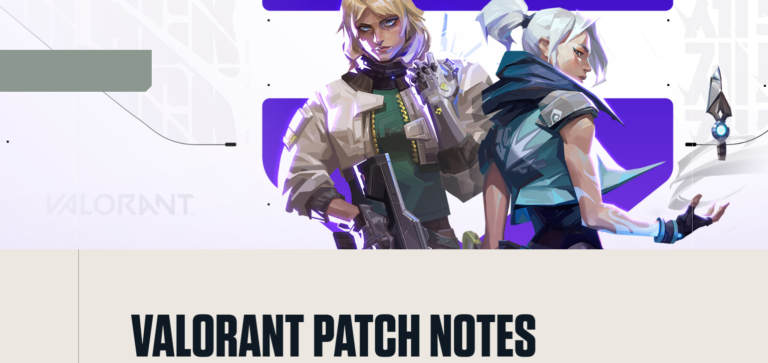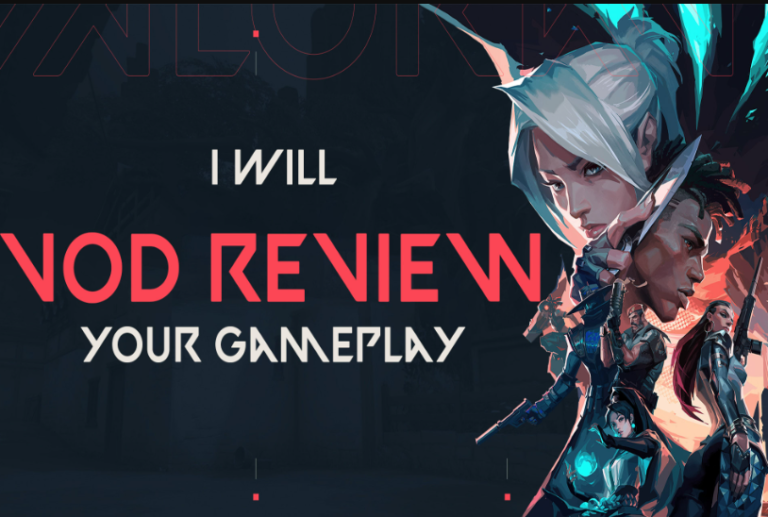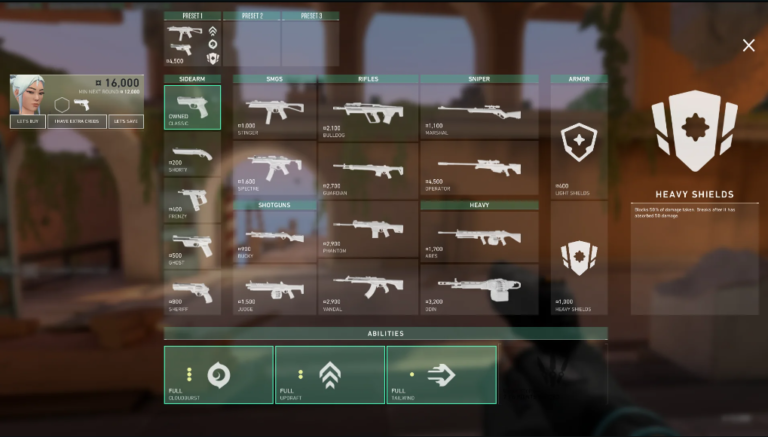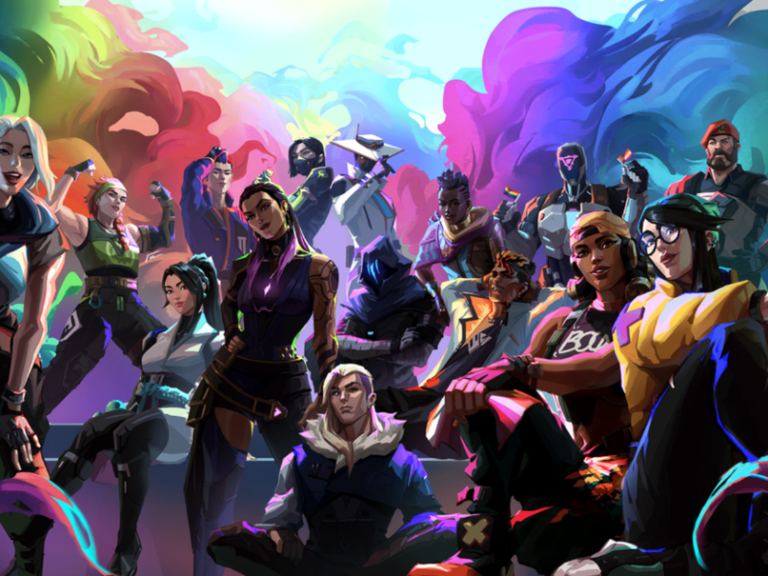Valorant Coaching for Adaptation and Flexibility
In the dynamic realm of Valorant, the meta constantly evolves, shaping team strategies and agent selections. With Valorant Coaching, understanding the meta isn’t just about following trends—it’s about teaching adaptability and fostering flexible team compositions. Let’s delve into the nuances of the ever-changing meta and strategies to coach players in adapting to it.
Embracing Meta Evolution
- Meta Awareness: Stay updated with patch notes, tournament trends, and professional play to comprehend meta shifts. Analyze agent pick rates, strategies, and map preferences to grasp evolving trends.
- Identifying Core Strategies: Recognize recurring successful strategies within the meta. Understand the rationale behind these strategies and their effectiveness in various situations.
Teaching Adaptability
- Flexible Compositions: Train players to master multiple agents, promoting adaptability in team compositions. Emphasize switching roles or agents based on map dynamics or opposing team strategies.
- In-game Adjustments: Encourage mid-match adaptability. Teach players to swiftly adjust strategies, rotations, and utility usage based on opponents’ adaptations or map control.

Practical Application and Practice
- Scrim Analysis: Scrutinizing scrim footage offers insights into adaptability gaps. Coaches can dissect instances where teams struggled to adapt to meta shifts or counter opposing strategies. Use these as teaching moments to discuss potential adaptations and refine strategies in subsequent practices.
- Scenario-based Training: Introduce scenario-based exercises mirroring meta shifts or unexpected opponent strategies. These drills challenge players to think on their feet, adapt their tactics swiftly, and hone their decision-making under pressure. By simulating diverse scenarios, coaches prepare players for unpredictable meta changes encountered in competitive play.
Encouraging Innovation
- Creative Approaches: Foster an environment that embraces innovative strategies. Encourage players to explore unconventional agent combinations or strategies during practices. Celebrate creativity and encourage experimentation to uncover unique approaches that might disrupt established metas.
- Continuous Learning: Advocate for a culture of ongoing education and adaptation. Encourage players to study professional tournaments, analyzing how top teams adapt to evolving metas. Encourage the integration of new tactics into team strategies, fostering a culture of constant evolution and improvemen
Valorant’s meta isn’t static; it’s a dynamic landscape constantly shaped by new strategies and agent synergies. Valorant Coaching plays a pivotal role in preparing players to navigate this ever-changing terrain. By dissecting scrims for adaptability gaps, introducing scenario-based training, fostering creativity, and promoting continuous learning, coaches cultivate adaptable teams capable of flexibly adjusting to the game’s evolving meta.
Valorant’s ever-evolving meta demands adaptability and flexibility. As a coach, nurturing players to comprehend, adapt, and innovate within the meta is paramount. By instilling adaptability into team compositions and strategies, coaches equip players to navigate the fluid landscape of Valorant, ensuring their competitive edge remains sharp in the face of evolving challenges.






